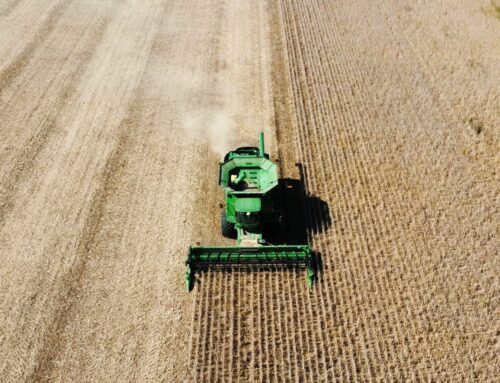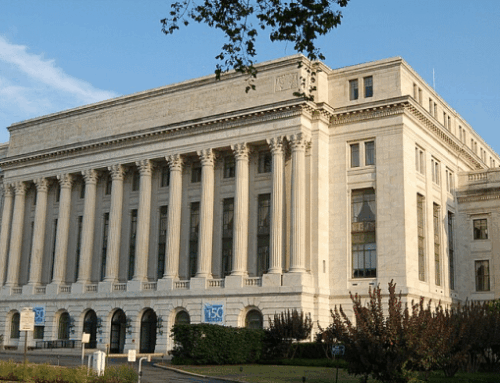As they sip their mint juleps at the Kentucky Derby this weekend, racehorse owners are close to securing a new Washington windfall.
That’s right. With record budget deficits and American families struggling to make ends meet, senators, led by Mitch McConnell (R-KY), secured $500 million in depreciation and capital gains tax breaks for racehorse owners in the current farm bill that Congress is finalizing.
Only in Washington, D.C. would people describe horse racing as part of farming. Another one of the more wasteful provisions is hundreds of millions in tax breaks for timber companies. By changing the tax treatment of timber sales and by “modernizing” timber real estate investment trusts, timber companies, such as Weyerhaeuser, will receive a major windfall to the tune of $435 million over 10 years, according to some reports.
But what does belong in the farm bill is a revamp of subsidy programs that go to millionaires who may or may not be active farmers. So far proposed farm bill “reforms” include increasing the annual direct payment to farmers, removing the limits on marketing loans, and promising that the government will buy excess sugar from the already highly subsidized sugar industry. Rather than fixes, these are massive expensive farm bill failures.
Those in farm country are screaming bloody murder at the mention of any reductions in the dollars flowing to agriculture. At a time of record commodity prices and farm incomes we don’t know why they need billions in taxpayer handouts.
A handful of House lawmakers are at least trying to minimize the fiscal damage of the next farm bill. Congressmen Jeff Flake (R-AZ), Ron Kind (D-WI) and Paul Ryan (R-WI) urged farm bill negotiators to oppose an increase in annual direct payments, and to adhere to promised budgetary guidelines and fiscal discipline. Direct payments, which are paid out regardless of crop price or even if a crop is grown, cost more than $5 billion a year.
Meanwhile, here at home and around the world, ethanol, another agricultural beneficiary of federal subsidies and mandates, is raising eyebrows. Ethanol has become a factor in recent food shortages. It’s simple supply and demand. Plentiful ethanol subsidies are driving farmers to plant more corn on the limited amount of land suitable for growing food. That means less land for other crops like soybeans and wheat. The smaller supply of food drives prices up.
To its credit, the White House has been consistent in its farm bill demand: fix it or face a veto. So lawmakers who want a farm bill have a golden opportunity. Rather than support new tax breaks for horse racing and timber companies and subsidies to millionaire farmers, they can end the gravy train for fat cat farmers by not increasing the automatic giveaways in the direct payment system and capping payments to wealthy farmers. With good economic times in farm country, now is the time to create real reform that creates a healthy safety net for the farm communities.









